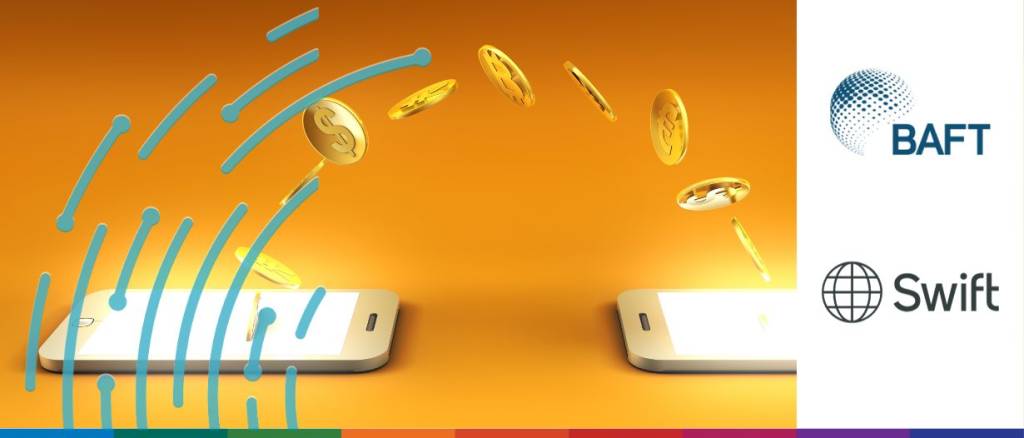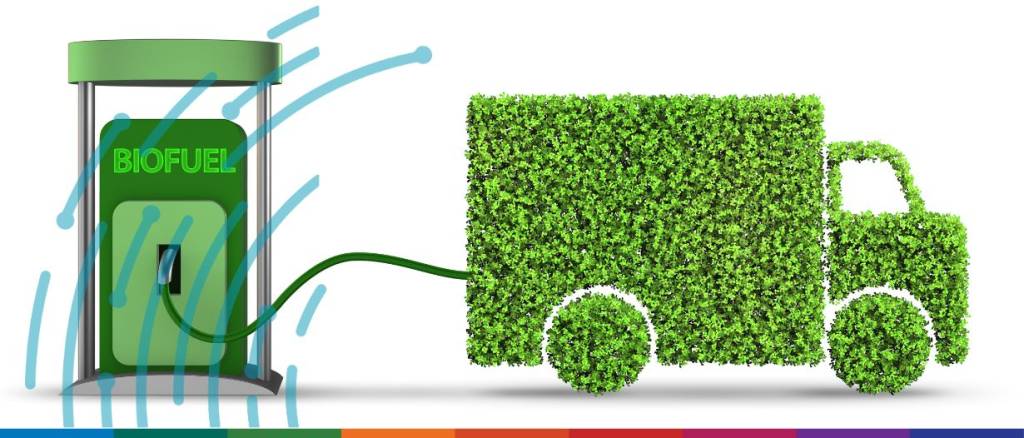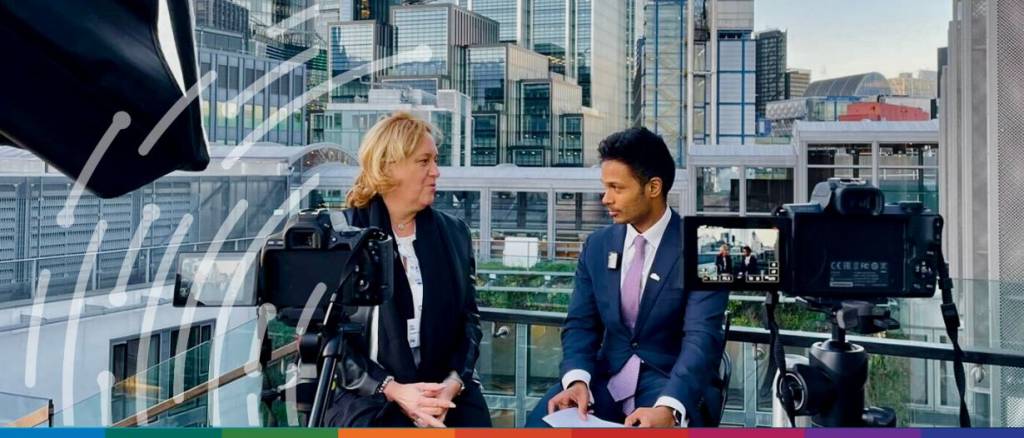2024 is set to bring about significant changes in finance and banking. Driven by a convergence of cutting-edge technologies, the industry-wide transition to ISO 20022, the rise of digital currencies, and innovative AI-powered solutions, the year holds promise for considerable advancements and enhanced alignment between fintech and traditional financial institutions.
In October 2023, Apple announced all its products will be ‘100% carbon-neutral by 2030’. This objective, in line with the company’s commitment, emerged following the establishment of partnerships with suppliers for ‘green aluminium’.
Due to long mining periods and overblown expectations, industries in the midstream lithium supply chain shoulder the most pressure and are the most fragile in the supply chain.
In order to reach the goals intended, a feasible plan must be designed. For that to happen, common sense must once again come to the table. There are three points to consider about the road to net zero.
Following on from our first predictions article, the incremental gains for credit insurance, trade and supply chain finance, TFG surveyed 9 more industry experts looking at what we might expect for technology for trade, treasury and payments in 2024.
40% of Britons want to exercise more in 2024, according to Forbes. For many, this means going to the gym, which has almost as many acronyms as trade and supply chain finance.
Businesses and public authorities across the EU may be facing tougher laws on late payments, with the European Commission proposing a new regulation enforcing maximum 30-day terms.
As the polycrisis of nature, climate and social justice unfolds, the notion of ‘business as usual’ is being disrupted. Whilst Scope 1 and 2 GHG emissions are largely under the control of an organisation, Scope 3 are considered the ‘hidden’ emissions, intricately woven into a company’s supply chain.
Buy-now-pay-later solutions will turbocharge growth in B2B e-commerce, combining trade credit insurance with a seamless digital purchasing experience.























